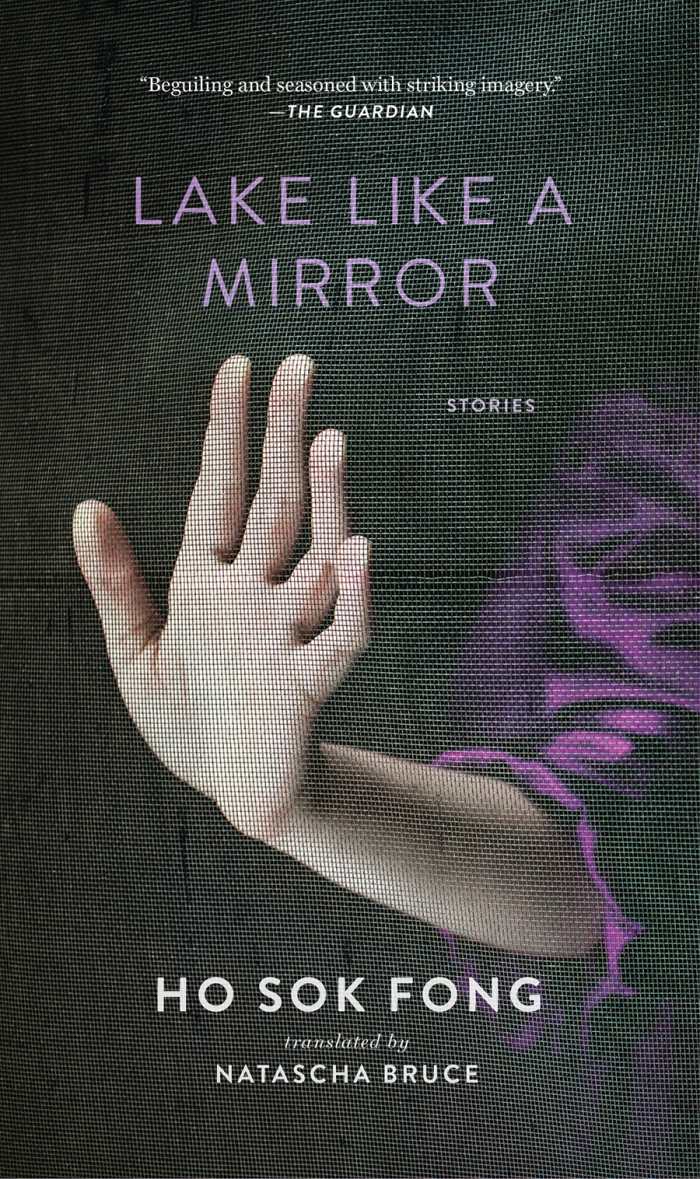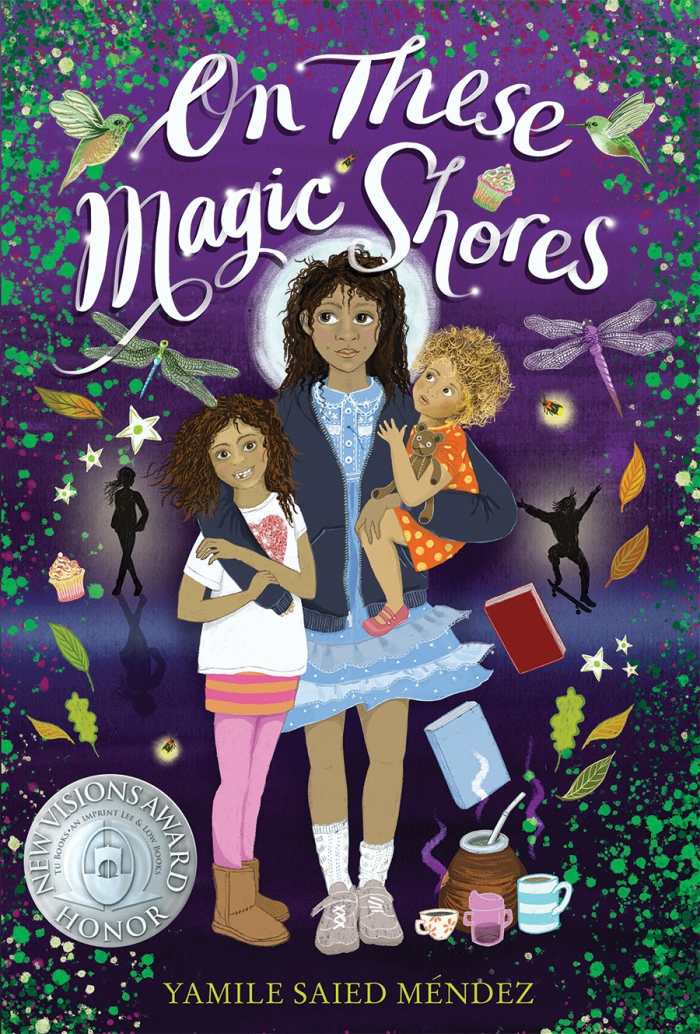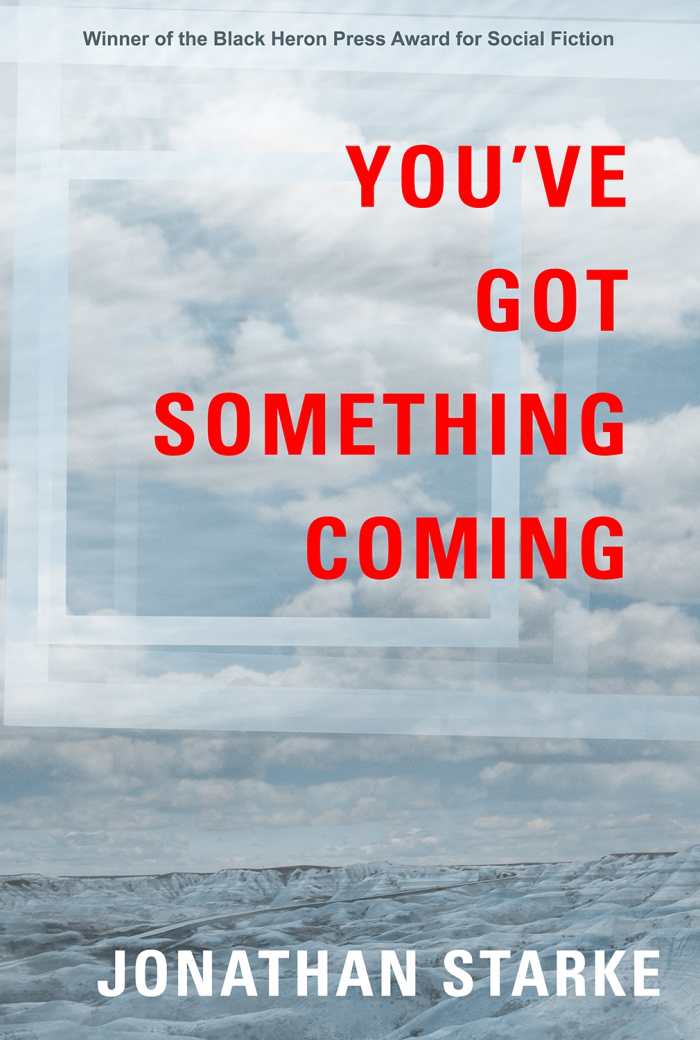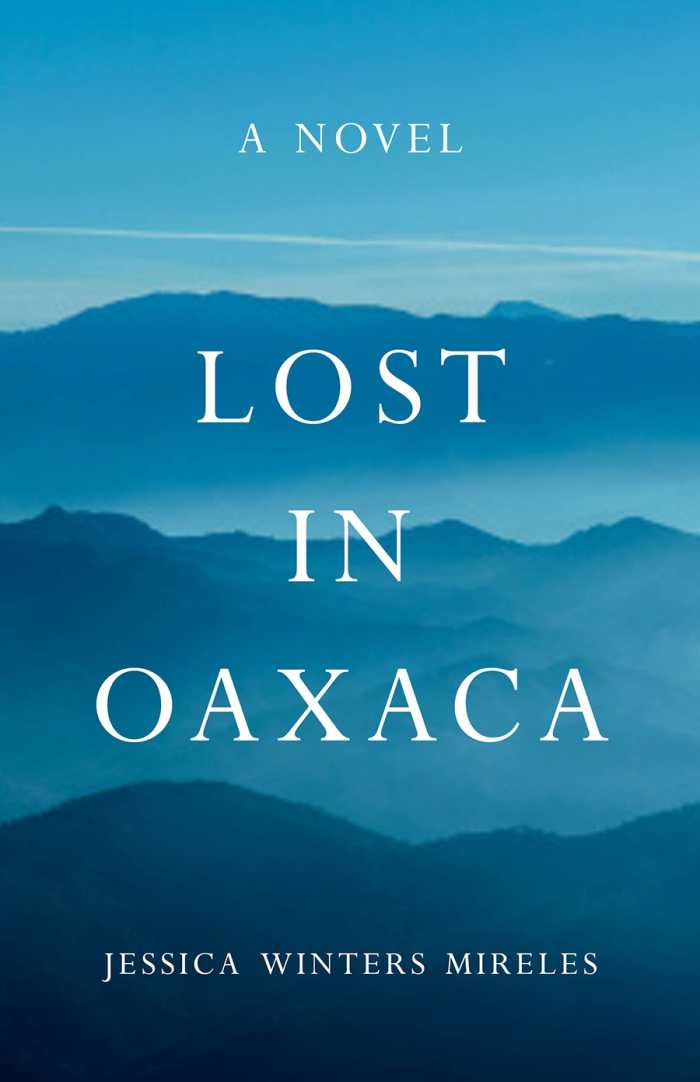Book of the Day Roundup April 20-24, 2020

Lake Like a Mirror

Ho Sok Fong
Natascha Bruce, translator
Two Lines Press
Softcover $16.95 (240pp)
978-1-931883-98-6
Buy: Local Bookstore (Bookshop), Amazon
Malaysian Chinese author Ho Sok Fong writes from the point of view of the dispossessed and downtrodden. Her striking short story collection Lake Like a Mirror unveils a lesser-known side of Malaysia, wherein minority women struggle to eke out meaningful existences despite cultural and ethnic constraints.
From the opening story, “The Wall,” in which an elderly woman’s imprisonment in her home takes on mythical proportions, an air of disquiet hangs over Ho’s work. Even a lighthearted tale such as “Radio Drama,” in which housewives gossip at the local hairdresser, concludes in melancholic fashion with an anecdote about a tragic romance.
Blending the matter-of-fact and the surreal, Ho’s prose culls striking images from everyday life. A beat-up chest comes to represent the unexpressed sorrows of an old storekeeper, while a carnival ride becomes an unexpected escape for a lonely woman when a family joins her.
At other points, the mundane and the uncanny collide, as in the delicate “March in a Small Town,” in which a bored hotel desk clerk becomes obsessed with a guest who may possibly be a ghost. Ho also proves adept at picaresque adventures with “October,” in which a Japanese expatriate and a blowhard local military man embark on a bizarre hot-air balloon ride.
Lake Like a Mirror is at its most powerful when Ho confronts the difficulties of living in Malaysia’s strict Muslim society. The title story centers on a well-meaning teacher who lands in trouble when she encourages a closeted gay student to express himself. The collection’s centerpiece, the heartbreaking “Aminah,” chronicles life in a Muslim reeducation center, in which disenfranchised women who have lost faith in Islam are subjected to daily brainwashing. In these stories, Ho demonstrates how psychic wounds can aggregate over time, as her characters persist through sheer resilience.
Ho Sok Fong’s fable-like constructions are sometimes cryptic, often surprising, and almost always moving.
HO LIN (February 27, 2020)
On These Magic Shores

Yamile Saied Méndez
Tu Books
Hardcover $19.95 (288pp)
978-1-64379-031-2
Buy: Local Bookstore (Bookshop), Amazon
In Yamile Saied Méndez’s On These Magic Shores, a middle school girl takes care of her younger sisters after their mother disappears.
Minnie’s mother is overwhelmed and overworked. Minnie tries to help by watching her siblings, but then they’re left alone for an entire week without explanation. Minnie feeds her sisters, keeps them calm, and maintains appearances with the school.
Though she thinks she’s too old to believe in fairies like her younger sisters do, Minnie can’t deny that some of the help that they receive is without explanation. Her refusal to accept that fairies exist is put to the test as she makes friends, gets much-needed food, and contacts her grandmother, whom she’s never met, for help.
Minnie is a headstrong, witty, and protective narrator who’s determined to prevent her siblings’ separation. She deals with every problem in her own way, no matter the consequences. Though she’s smart and mature, she still takes on too much for her age, and none of the conflicts she faces are easy to solve or forget. These include a mean babysitter and being cast as Tiger Lily in Peter Pan, after which she has to come up with inoffensive alternative to the role.
Because she’s Argentinian American, Minnie is also made to feel like she doesn’t quite fit in. The challenges around her pile up until Minnie can no longer deal with it all herself. The mystery surrounding her missing mother is resolved in an unexpected way, and all of the help that Minnie received is returned. On These Magic Shores is a rich and magical novel.
REBECCA MONTERUSSO (February 27, 2020)
Heaven

Emerson Whitney
McSweeney’s Publishing
Hardcover $24.00 (200pp)
978-1-944211-76-9
Buy: Local Bookstore (Bookshop), Amazon
Emerson Whitney’s genre-bending memoir Heaven is about gender, family, and memory. It is cerebral in examining social labels and expectations, as well as how selves are constructed and the stories that people tell themselves about their lives.
Mimicking memory, the book’s structure is nonlinear. Whitney describes their childhood; these accounts are interspersed with their current musings on disability and the body, as well as with literary critiques and academic treatises. The book meanders like a conversation. As it progresses, Whitney’s story assumes a clearer shape and direction.
The book’s construction is sometimes disconcerting, but this is Whitney’s point: life is not always neat and tidy. They declare “I can’t explain myself without making a mess.” Within this “mess” lies the story that Whitney is trying to tell; it’s one that accepts that memory fails, and relationships are sometimes contradictory. At its heart, Heaven is about learning to live in one’s body while coming to terms with one’s sexuality and identity.
Whitney is at their best when describing relationships. Their relationship with their grandmother is tangible; their mother is rendered in such a way that she remains sympathetic, despite her actions. Memoir sections are interspersed with cultural commentary and research; the parts of the book that venture away from Whitney’s story are interesting, but disjointed.
Visceral and descriptive, the text spares no detail. The rawness of Whitney’s emotions comes through. This is a book about survival, and the writing reflects that; there is much to digest and process throughout.
Heaven is an unflinching personal examination of family and identity, bearing witness to what it means to live life on one’s own terms.
JAIME HERNDON (February 27, 2020)
You’ve Got Something Coming

Jonathan Starke
Black Heron Press
Softcover $16.00 (290pp)
978-1-936364-32-9
Buy: Local Bookstore (Bookshop), Amazon
One winter, Trucks, a damaged boxer in his forties, takes his deaf daughter, Claudia, out of a children’s home in Wisconsin. In Jonathan Starke’s You’ve Got Something Coming, they hitchhike west for a fresh start. This bittersweet social novel concerns Trucks’s guilt about his failings and Claudia’s eroding innocence.
As Trucks and Claudia cross through South Dakota and into Montana, strangers help them, including June, who lets them stay at her hotel, and Gerald, a perceptive widower who reserves judgment. Poetic vignettes, punctuated by clear images, examine how Trucks’s mistrust of people’s kindness isolates Claudia. When she tells him that she no longer wants him to be her home, it’s unsurprising, but shattering because of her candid weariness.
From gas stations to thrift shops, a picnic table that doubles as a bed to perfume that’s a talisman of better moments, every place and image is tactile and lean. Amid the grit, implicit moments of natural beauty are a respite. Graceful lines and cumulative, emotional punches echo Trucks’s ongoing reflection of his boxing past. Though his monologues are frequent and transparent in their sense of unfairness, they convey his coiled frustration.
Memories of Claudia’s drug-addicted mother disturb Trucks. His belief that he’s only fit for boxing, and that he just needs a few more rounds, conflict with Claudia’s fears about the “bruisety brains” that result from his matches. When Trucks’s violent outburst at a shelter causes him to flee, leaving boxing as his only avenue for money, it results in an abrupt, desperate act that leaves him disoriented and injured. His and Claudia’s uncertain future underscores the bleakness of poverty.
You’ve Got Something Coming is a commanding novel that makes a haunting impression as it explores the fallout of a father’s relentless, flawed love.
KAREN RIGBY (February 27, 2020)
Lost in Oaxaca

Jessica Winters Mireles
She Writes Press
Softcover $16.95 (328pp)
978-1-63152-880-4
Buy: Local Bookstore (Bookshop), Amazon
Travel and awakening combine in Lost in Oaxaca, Jessica Winters Mireles’s delicate romance.
Camille is a piano teacher at a personal and professional crossroads. After an abusive lover left her injured, Camille turned cautious. Her hope of becoming a master teacher depends on a teen prodigy, Graciela, who left Santa Barbara for Mexico just before a critical music performance. Camille tries to bring her prized student back, but ends up stranded in Oaxaca.
When an English-speaking Zapotec native, Alejandro, offers to help, Camille confronts her own prejudices and motives. She falls in love with Alejandro, as well as with new flavors and experiences. Her search culminates in realizing that Graciela is undocumented. In the book’s suspenseful resolution, Camille takes compassionate risks to benefit others. Late reflections on immigration, DACA dreamers, and social injustice shift the focus without overshadowing Camille and Alejandro’s bristling passion.
Alejandro is a capable rescuer who delivers Camille’s comeuppance through pointed remarks whenever she displays her privilege, yet he’s understanding of her shortcomings. As much as Camille is dismayed and charmed by everyday life in Mexico, her love for the countryside and its festive customs multiplies through chance encounters with kind strangers and Alejandro’s enthusiastic aunt. Camille’s emotional healing follows a natural progression that tracks her acceptance of circumstances beyond her control.
Camille’s wealthy background and former competitive nature lead to defiance that springs from pressure to perform. Camille’s mother is redeemed when she helps her daughter with Graciela; she’s a sharp counterpoint to Camille’s new companions.
Thanks to family support, burgeoning belief in Saint Anthony, Alejandro’s considerate perspective, and her own renewed purpose, Camille steps into a more polyphonic version of her life. Lost in Oaxaca is a vigorous, sensitive account of crossing borders to reimagine what love looks like when it’s poured without reserve.
KAREN RIGBY (February 27, 2020)
Barbara Hodge
